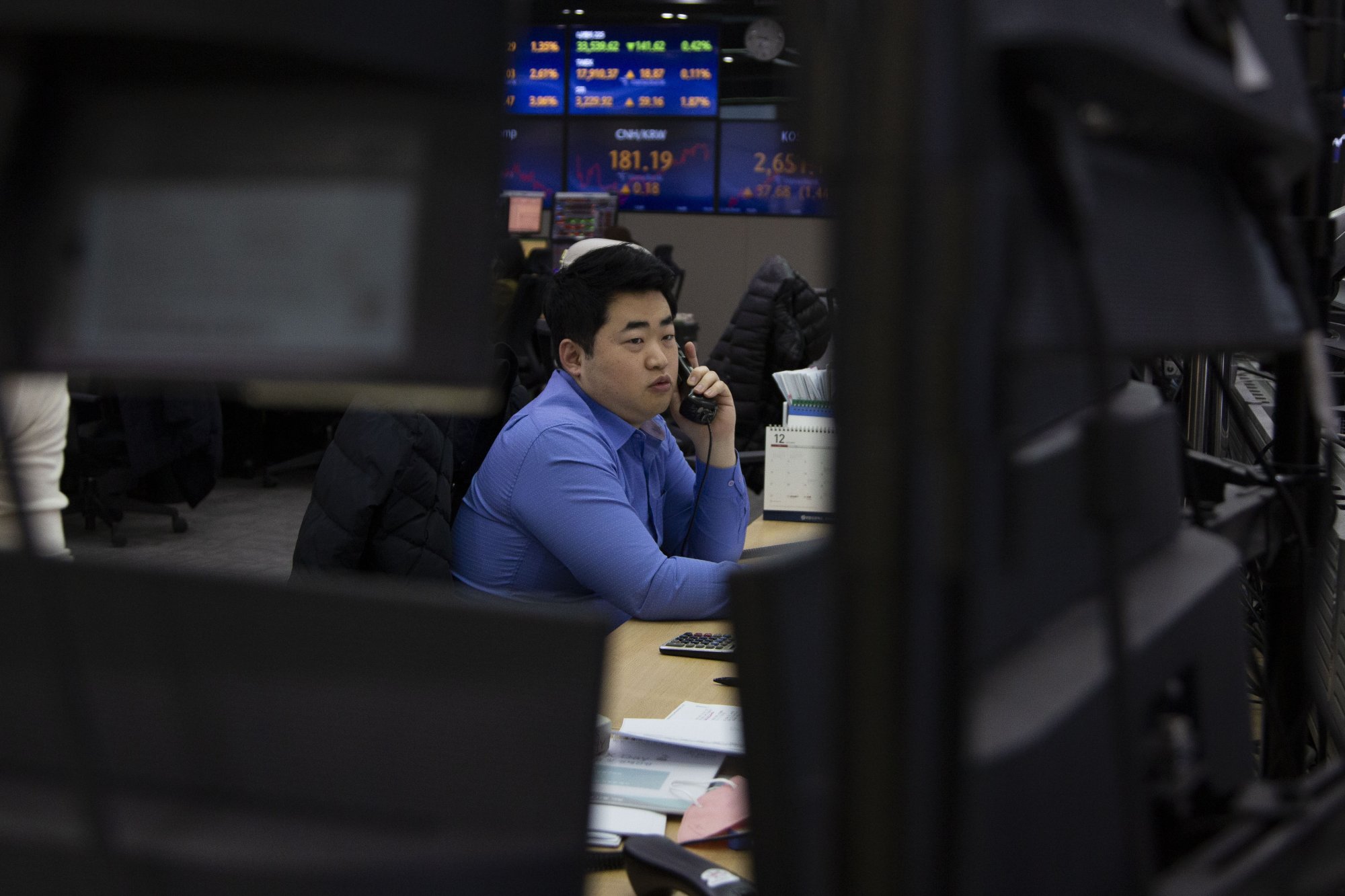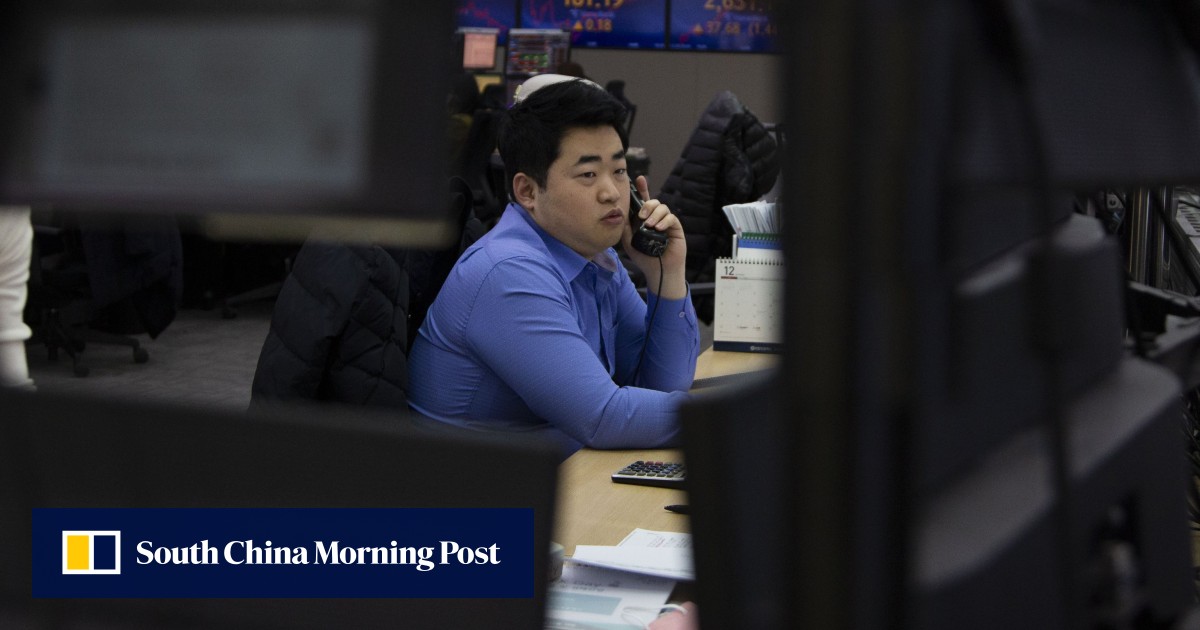Most large South Korean banks plan to set up night shifts when won trading hours are extended this year, bringing back a relic from the 1990s that had disappeared due to changes in working conditions.
Shinhan Bank started rostering traders to work nights in September, while Korea Development Bank, Woori Bank, Industrial Bank of Korea and NongHyup Bank have all taken steps toward doing the same. Suhyup Bank is planning to add more staff without specifying whether they will work at night.
“We are analysing our middle and back offices along with IT and other related departments and preparing for any risks that may emerge in the first stages of the FX market reform,” Industrial Bank said in a statement.

The lengthening of won trading hours is part of South Korea’s bid to improve access and boost the case for its equities to be included in MSCI’s developed-market stock index. The authorities said in February they ultimately want the won to trade 24 hours.
Many Korean banks operated nights shifts up until the early 2000s with staff making foreign-exchange margin trades and catering for demand from local companies. Then came the Asian financial crisis beginning in 1997.
Can China find common ground on trade as Japanese, Korean investors dial back?
Can China find common ground on trade as Japanese, Korean investors dial back?
“Swings between losses and gains became too big, and the act of trading itself became difficult as we went through the financial crisis,” said EJ Ethan Seo, head of global markets at BNP Paribas in Seoul. “When I started trading in 2002, night desks were nearly gone.”
Not all major banks plan to reintroduce shifts. Two of the larger ones – KB Kookmin Bank and Hana Financial Group Inc. – are instead relocating staff overseas to London or New York to cater for the extended won trading hours.
Mizuho Bank’s Ltd.’s Tokyo team takes over trading operations from around 7am local time from New York and hands them over to London around 5pm, but it doesn’t mean the day’s work is completely over then, said Hideaki Minami, vice-president for the global foreign-exchange trading team in Tokyo.
“We don’t close our proprietary trading positions at the end of the day and the market keeps moving, so we still keep watching the market, selling and buying at night too.”
It is unprecedented to have traders work until 2am
Korean labour groups have their own concerns about banks’ plans to reintroduce night shifts.
“It is unprecedented to have traders work until 2am, but we will utilise flexible working hours for now,” said Cheong Jeong, senior vice-president of Korea Development Bank’s trade union. “Whether we’ll need more staff will be decided after the reforms take place and we get an idea of the exact trading volume.”

